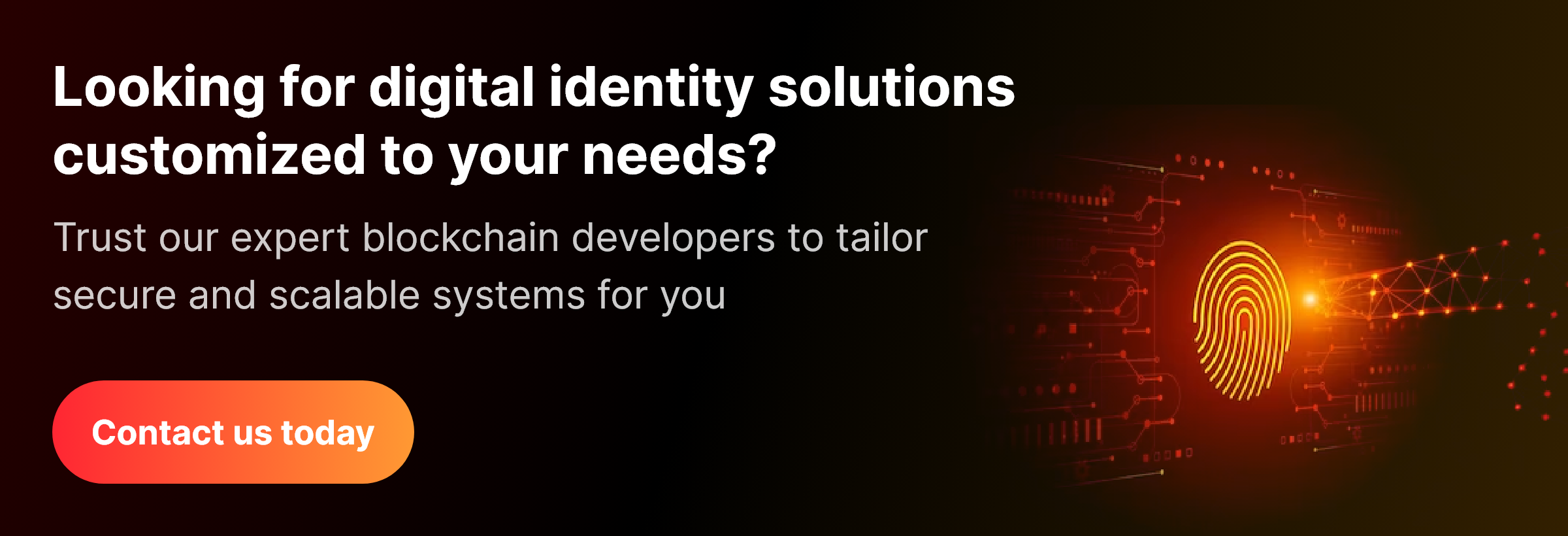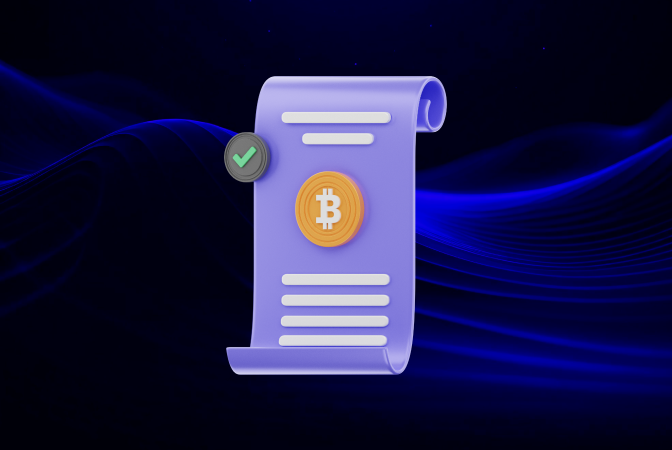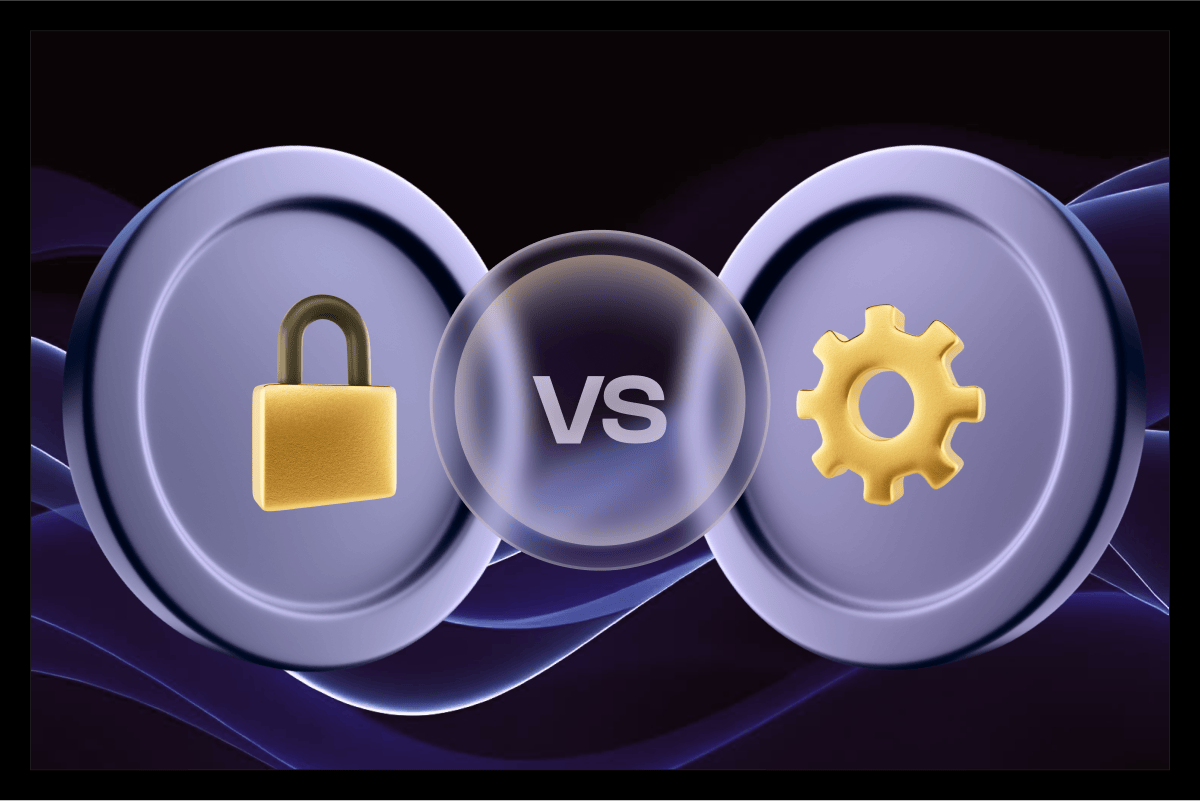SHARE THIS ARTICLE
Can You Secure Digital Identity Using Blockchain?
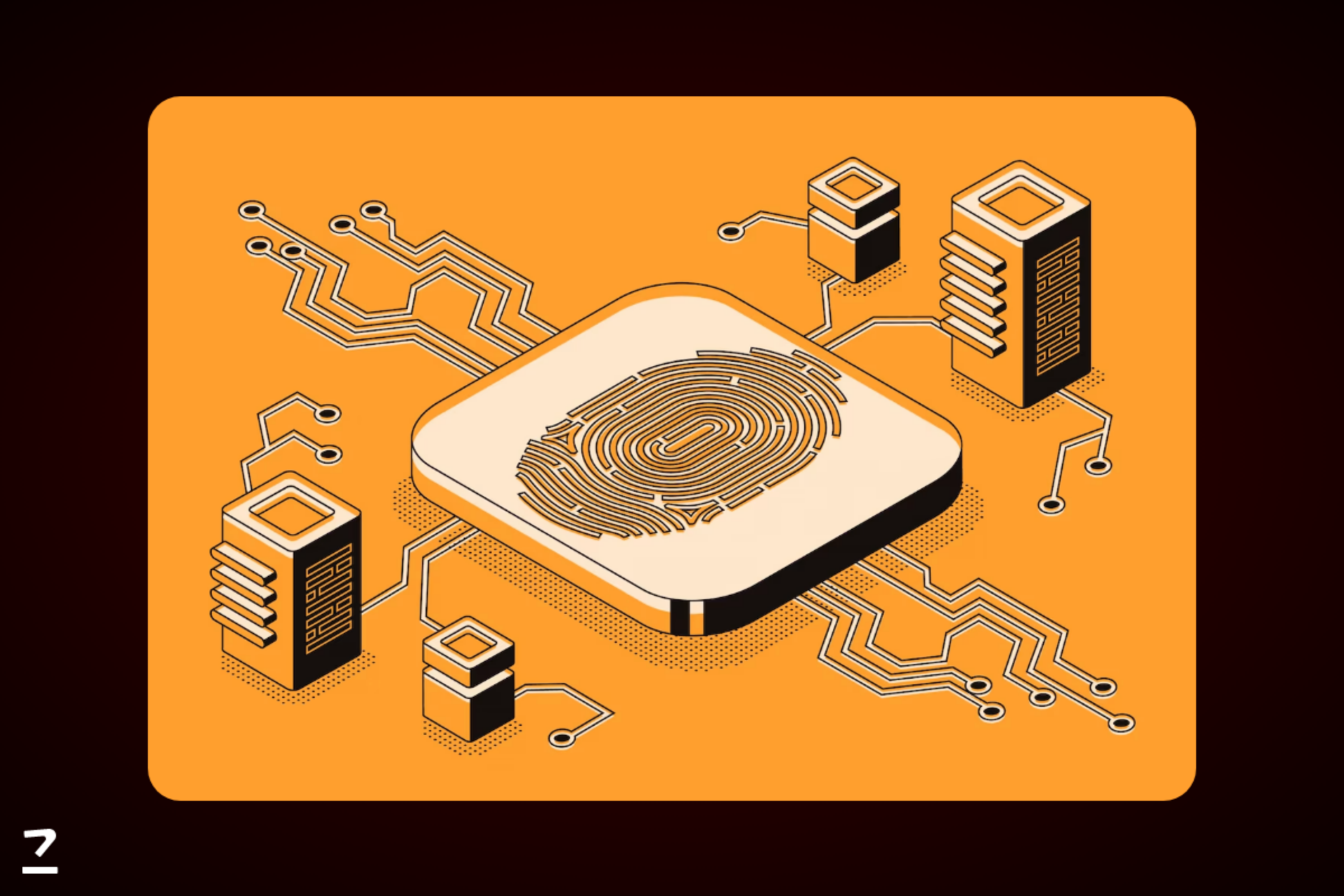
When identifications and credentials are digital, it becomes much easier for everyone to work with them. This becomes especially true in today’s digital age, where online activities have become an integral part of our lives. For instance, information like occupational licenses, employee IDs, vaccination cards, academic qualifications, and more, become pretty straightforward to use and manage in digitized format. However, in light of rising cyber threats and data breaches, traditional methods of securing these digital identities are proving to be inadequate. Governments, businesses, and educational institutions are looking for alternative infrastructures that are more secure and trusted and help improve their services. This is where blockchain technology comes in.
Blockchain for digital identity has certainly emerged as a promising solution. So now the question arises – can we really secure digital identity using blockchain? In this post, we aim to answer this question and explore its potential for revolutionizing the field of digital identity solutions.
Before we dive into if and how blockchain can be a plausible solution for securing digital identities, let’s briefly understand what digital identities entail.
Understanding Digital Identity Solutions
Let’s start with busting a common misconception around digital identity. If you thought that only your social media profiles, email addresses, and your physical addresses make up your digital identity, then you’re mistaken. While your digital identity does refer to your unique representation in the digital world, it includes everything you have on the web, encompassing images, bank account information, website usage behavior, and shopping preferences, along with personal information, credentials, and online activities.
To further understand the notion of digital identity it is important to understand its significance. Digital identity is essential for organizations to ensure accuracy, especially when they are looking to speed up the customer onboarding process. It plays a crucial role in curbing fraudulent activities like money laundering. Furthermore, nations can streamline and standardize citizen services by utilizing effective digital identity solutions.
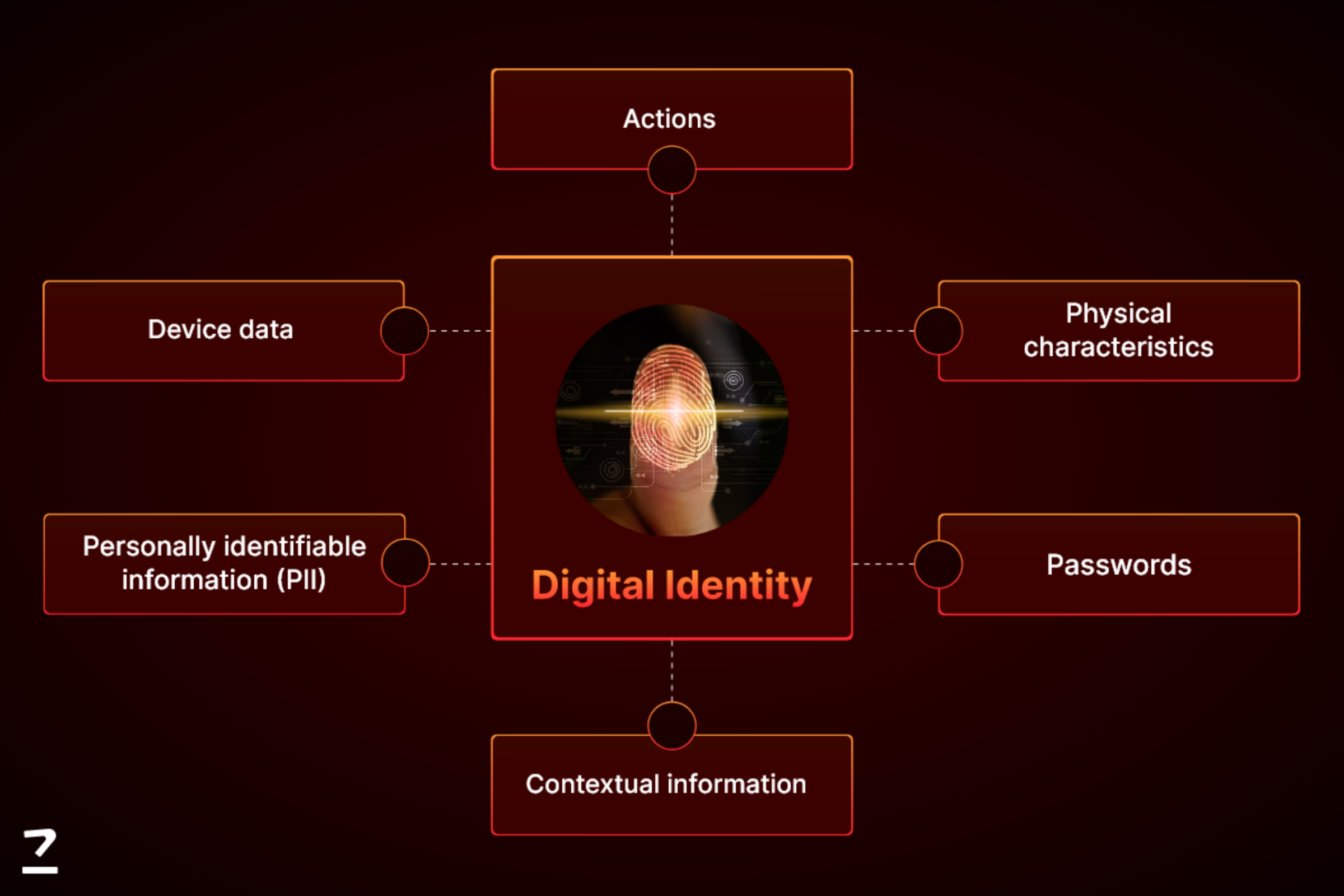
Amidst all of this, a grave concern surrounding digital identities is that managing them using traditional methods that rely on centralized systems, makes them vulnerable to data breaches and identity theft. Moreover, digital identity is still inaccessible to many as around 1.1 billion people worldwide do not possess any proof of identity.
How Digital Identity Works on Blockchain
Before we dive into how blockchain can effectively secure digital identities, let’s first understand how digital identity works on Blockchain. For this, as an example, let us dig into how decentralized digital identities work on Ethereum.
Digital identity on Ethereum involves decentralized and secure management of identities through self-sovereign identity platforms. By generating public-private key pairs, users can create and register unique decentralized identifiers (DIDs). Here the private key is used to secure the DID. Individuals can use these DIDs to prove ownership or control over specific identities. Each use can have multiple DIDs, one for each different purpose. For instance, you could have one DID for your banking activities, another for social media, and yet another for online gaming. This way, by using DIDs across various aspects of life, users can limit the correlation and tracking of their activities.
DIDs come with verifiable credentials that issuers sign cryptographically to verify identity traits. Users need not rely on a single service provider as they can store credentials themselves. Cryptography plays a vital role in securing decentralized identities, with private keys used for decryption and public keys for identity verification. As proof of ownership users can provide QR codes linked to their identifiers to access services.
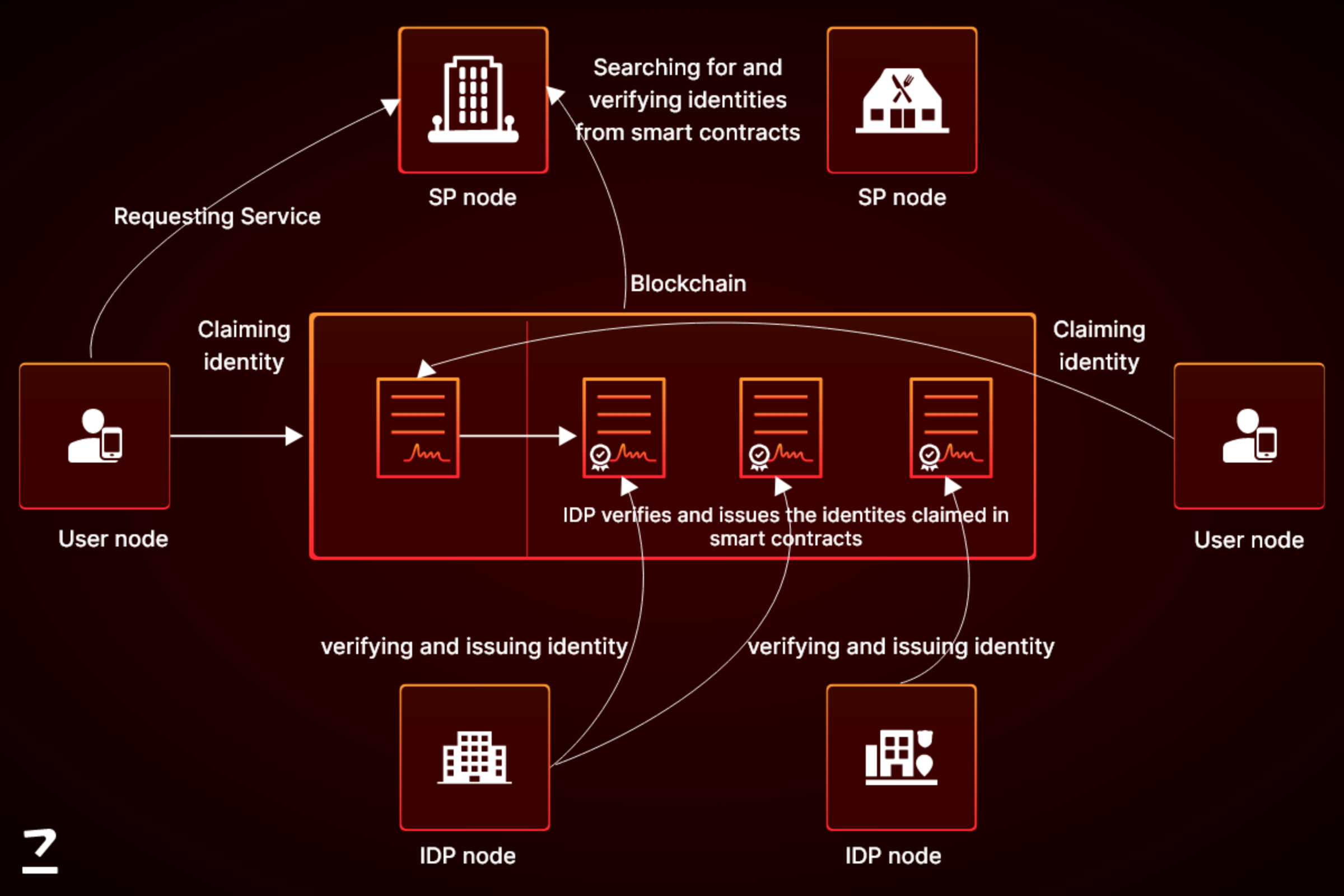
How Blockchain for Digital Identity Is a More Secure Ecosystem
Now that we have gotten hold of how digital identities work on blockchains like Ethereum, let’s see how blockchain addresses the challenges associated with securing digital identities.
-
Security:
Security is one of the primary reasons why blockchain-based digital identity solutions are gaining popularity. Blockchain utilizes cryptography to maintain digital identity data in an encrypted manner. This ensures that the identities are secure and easily traceable. Moreover, since every DID is password protected, it eliminates the problem of vulnerability.
-
Decentralization:
At the base of the blockchain is a distributed network of computers called nodes, where each participant has a copy of the blockchain. Such a decentralized architecture reduces the risk of single-point failure or data breach, as there is no need for a central authority. Furthermore, no single entity can assume control over an individual’s digital identity as the identity information is distributed across multiple nodes.
-
Immutable Records:
No entity on a blockchain can alter or tamper with a transaction once it is recorded on the chain. Whether you’re creating a new identity or updating personal information – every identity-related transaction is securely stored on a block. This feature of immutability acts as an added layer of security and trust, as it prevents unauthorized modifications to digital identities.
-
Self-Sovereign Identity:
The concept of self-sovereign identity (SSI) is at the heart of blockchain-based digital identity solutions. SSI allows individuals to selectively disclose information without relying on intermediaries, empowering them to have full control over their digital identities. Blockchain-based self-sovereign systems preserve user privacy and minimize the risk of identity theft by enabling users to authenticate themselves without sharing any sensitive data.
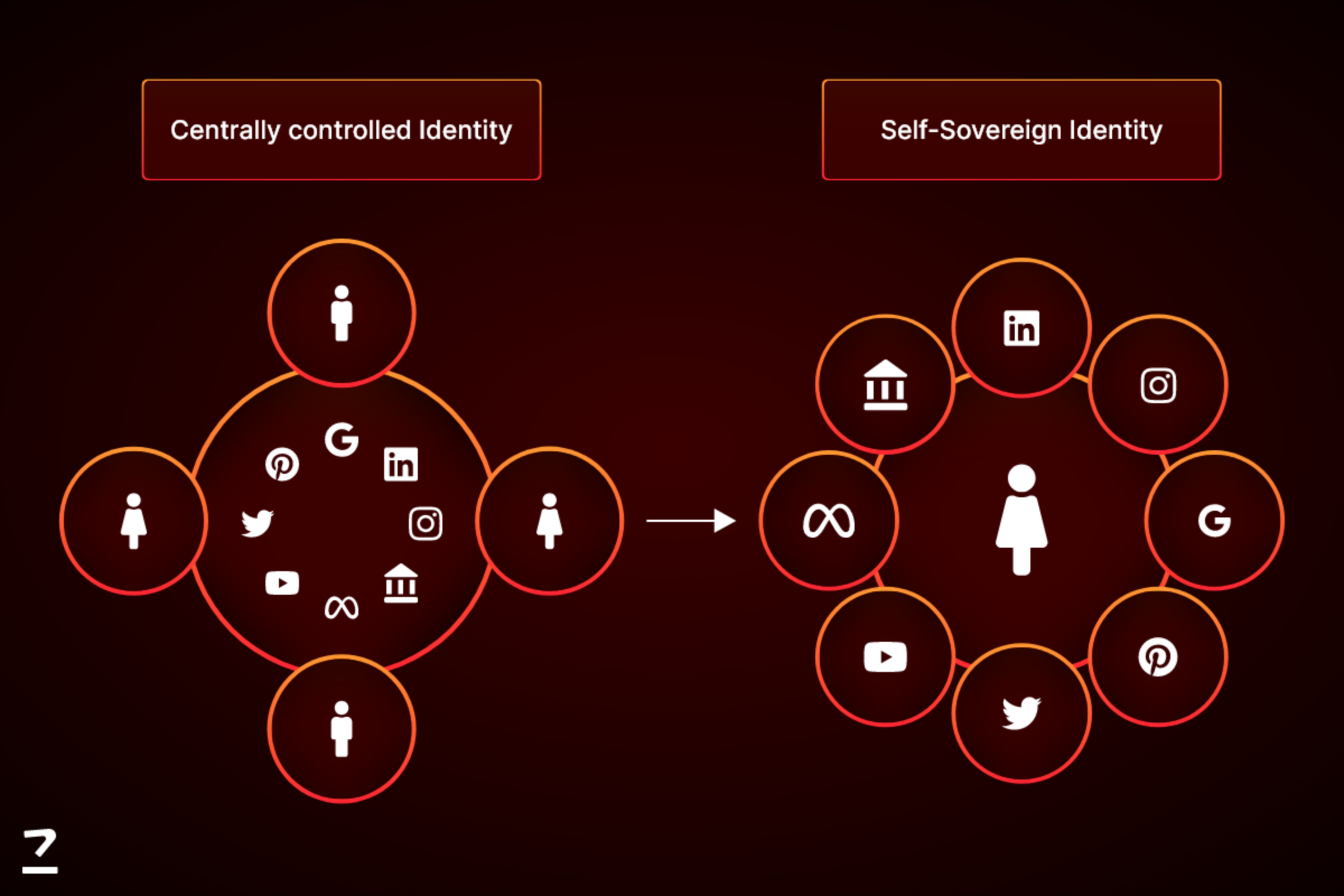
For all these reasons and to leverage the potential of blockchain for digital identity management, more and more businesses and organizations are turning to companies providing blockchain development services. These companies design and implement blockchain-based solutions like smart contracts and cryptographic protocols to create secure and scalable systems for managing and verifying digital identities.
Final Words
It is apparent that blockchain technology shows a lot of promise in terms of its application in the realm of digital identity solutions. It serves as an ideal foundation for revolutionizing the way we protect and manage our online identities. So if you ask can we secure digital identity using blockchain? The answer is a certain YES. Harnessing the power of blockchain to enhance security, privacy, and trust in our digital identity interactions can usher us into a new era of secure and trustworthy digital experiences.
So if you’re looking for a reliable and experienced blockchain development service provider to cater to your specific digital identity requirements, we at Codezeros are your safest bet.
Feel free to connect with Blockchain experts to know more about our comprehensive digital identity solutions.
Post Author

As a distinguished blockchain expert at Codezeros, Paritosh contributes to the company's growth by leveraging his expertise in the field. His forward-thinking mindset and deep industry knowledge position Codezeros at the forefront of blockchain advancements.

